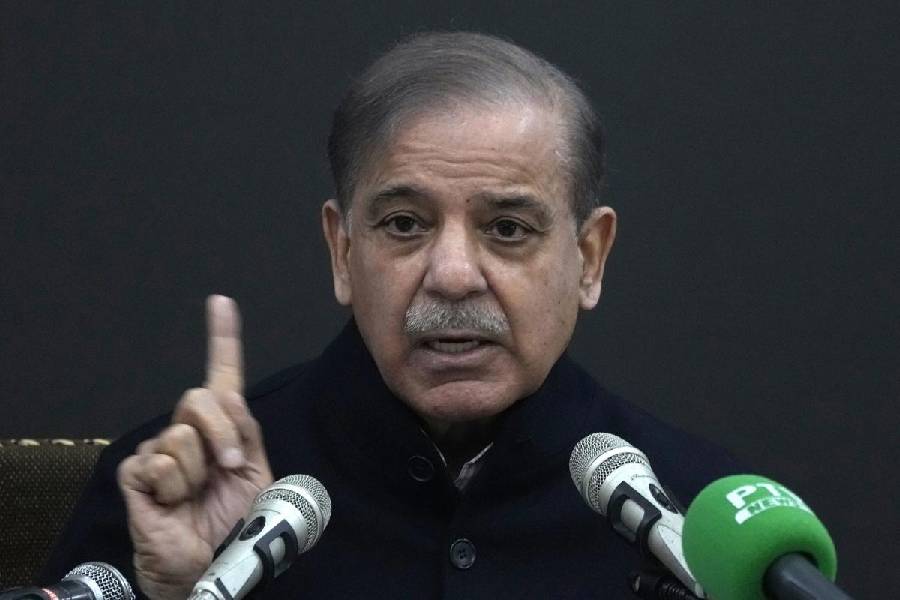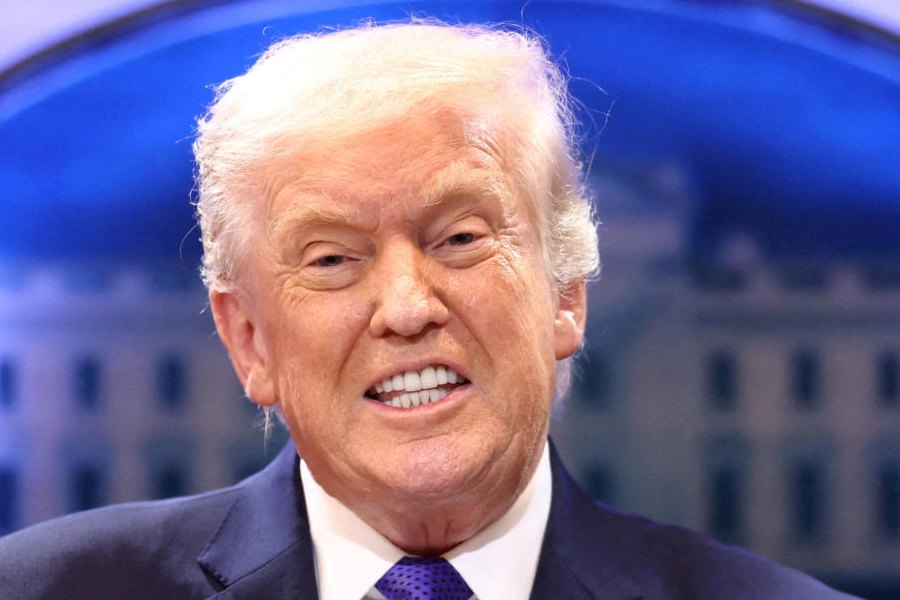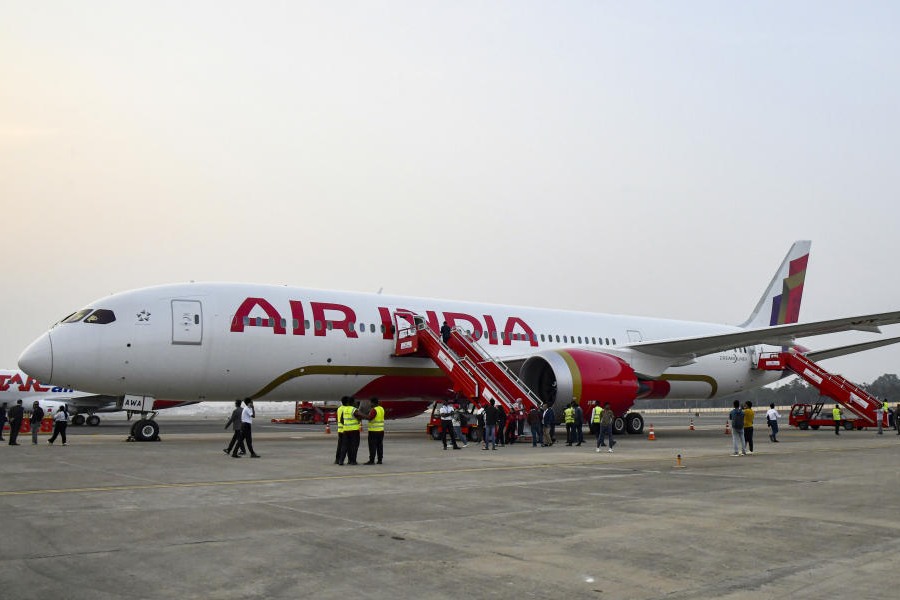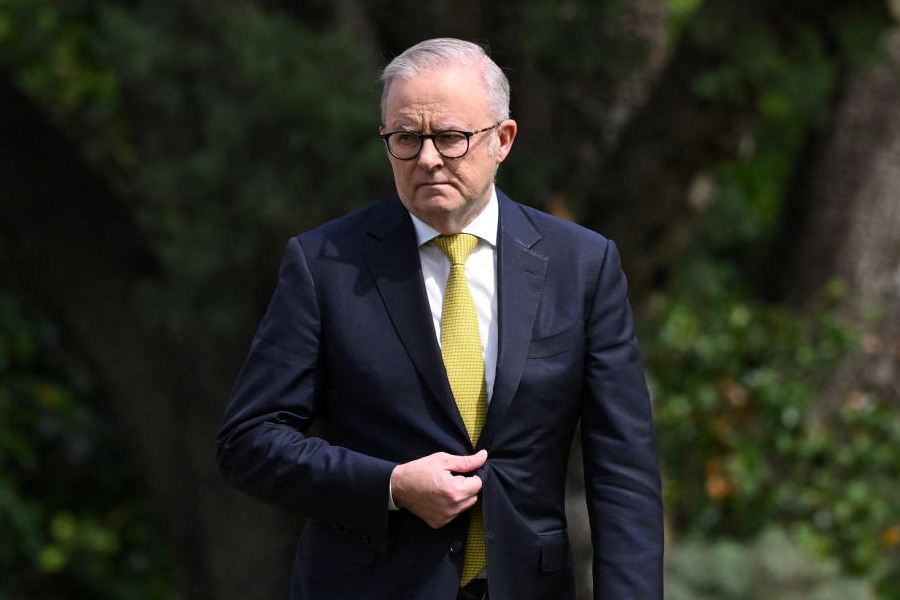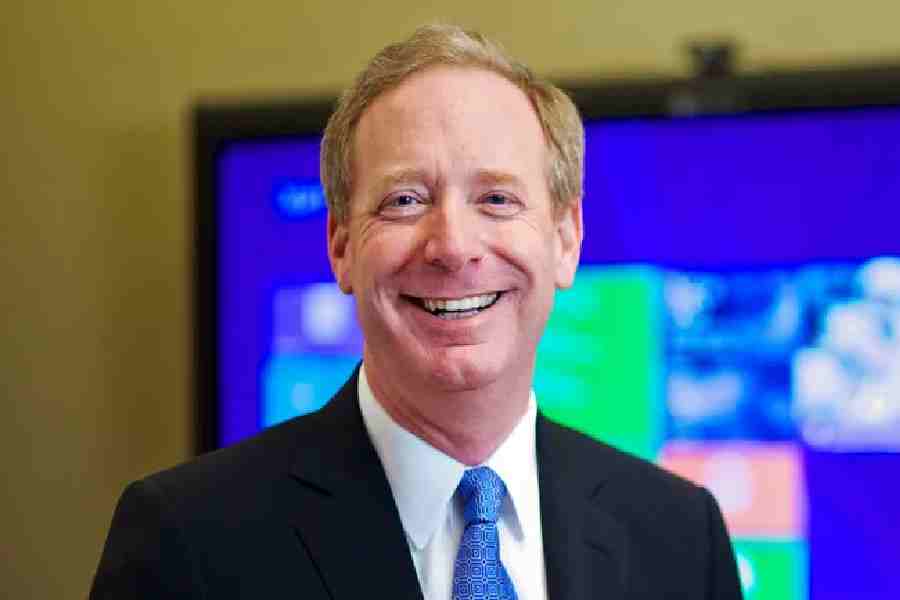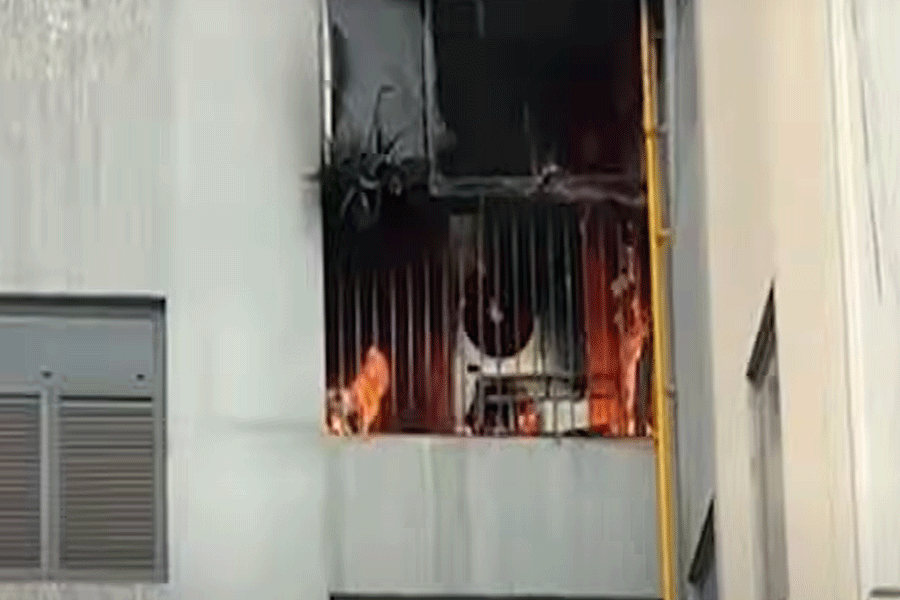On Sunday, Pakistan’s National Assembly elected Shehbaz Sharif to lead the country’s next government. Mr Sharif’s Pakistan Muslim League-Nawaz will rule in coalition with its traditional arch-rival, the Pakistan Peoples Party, along with several smaller parties. The formation of the coalition government marks the culmination of a controversial election process. But Mr Sharif’s government is faced with a series of domestic and international challenges. To begin with, there is cynicism about the legitimacy of the elections. Protests in the days after the country’s February 8 election show that for many Pakistanis, the outcome of the vote lacks credibility. Imran Khan’s Pakistan Tehreek-e-Insaf party faced a crackdown ahead of the election. Even with Mr Khan himself behind bars, candidates affiliated with the PTI won the most seats and will now form a vocal Opposition. Then, there are the stiff economic challenges. Mr Sharif’s government is confronted with reviving an economy where inflation has stayed over 20% for nearly two years, even crossing 30% on occasions. Four out of 10 Pakistanis live below the poverty line, and the country needs to renegotiate a loan deal with the International Monetary Fund — its ongoing, nine-month standby agreement with the IMF expires this month.
The troubles for Pakistan’s new government extend beyond the borders as well. After training and financing the Taliban since the 1990s, Pakistan’s relations with Afghanistan’s rulers are at an all-time low. Islamabad blames the Taliban for allowing terrorists from its side of the border to enter Pakistan to carry out deadly attacks. In January, Pakistan and Iran exchanged missile fire, showcasing the lack of trust in their ties. Significantly, Pakistan has barely functional diplomatic relations with India. Mr Sharif’s party has said it seeks better ties with New Delhi but the new prime minister has also equated Kashmir’s situation with that of Palestine. Perhaps there is a case for his elder brother, Nawaz Sharif, who in his previous stints as prime minister had tried to lower the temperature on bilateral tensions, to guide the new government in this aspect. At a time when Pakistan faces so many critical challenges, its powerful military establishment might be tempted to seek a fresh dialogue with India. New Delhi must, of course, weigh what is in its interests and it must treat any overture from Pakistan with caution. But a more stable neighbourhood is in India’s interests too. To get there, Mr Sharif has his work cut out.

